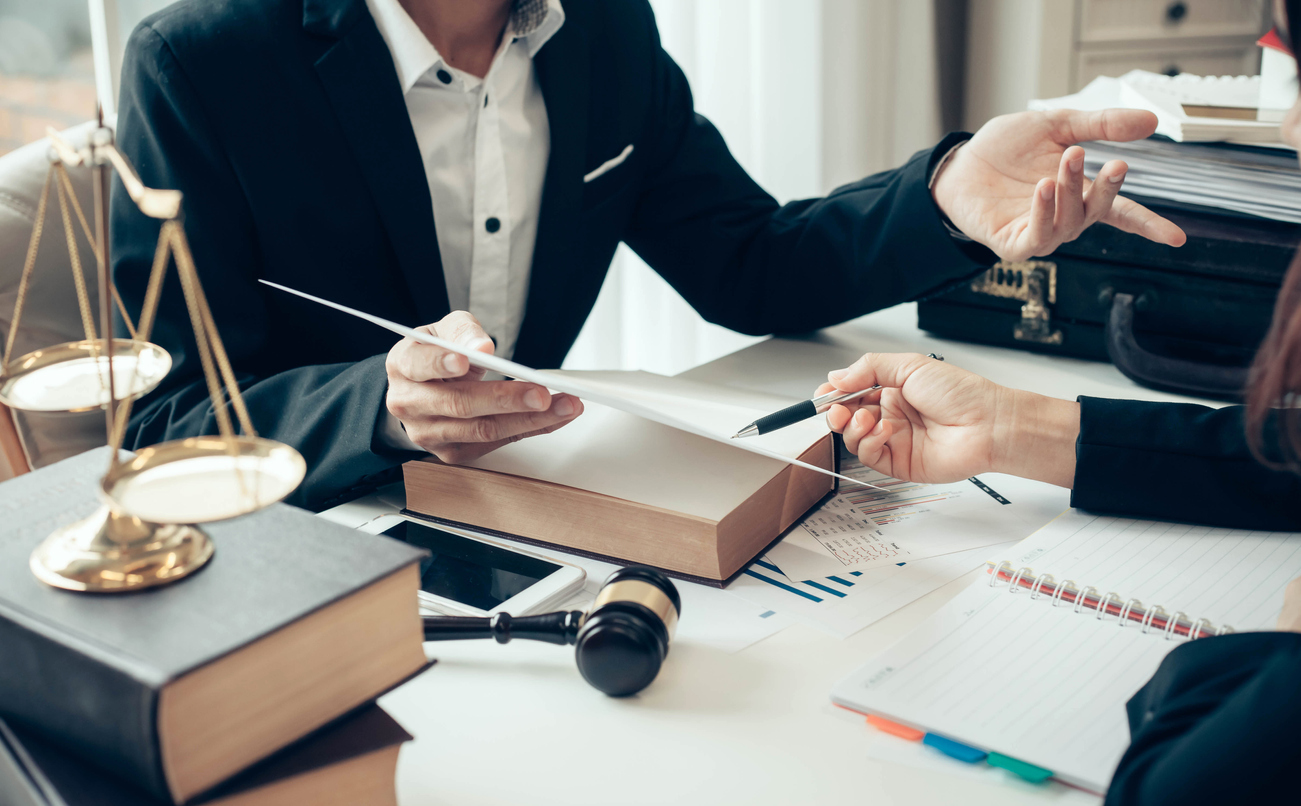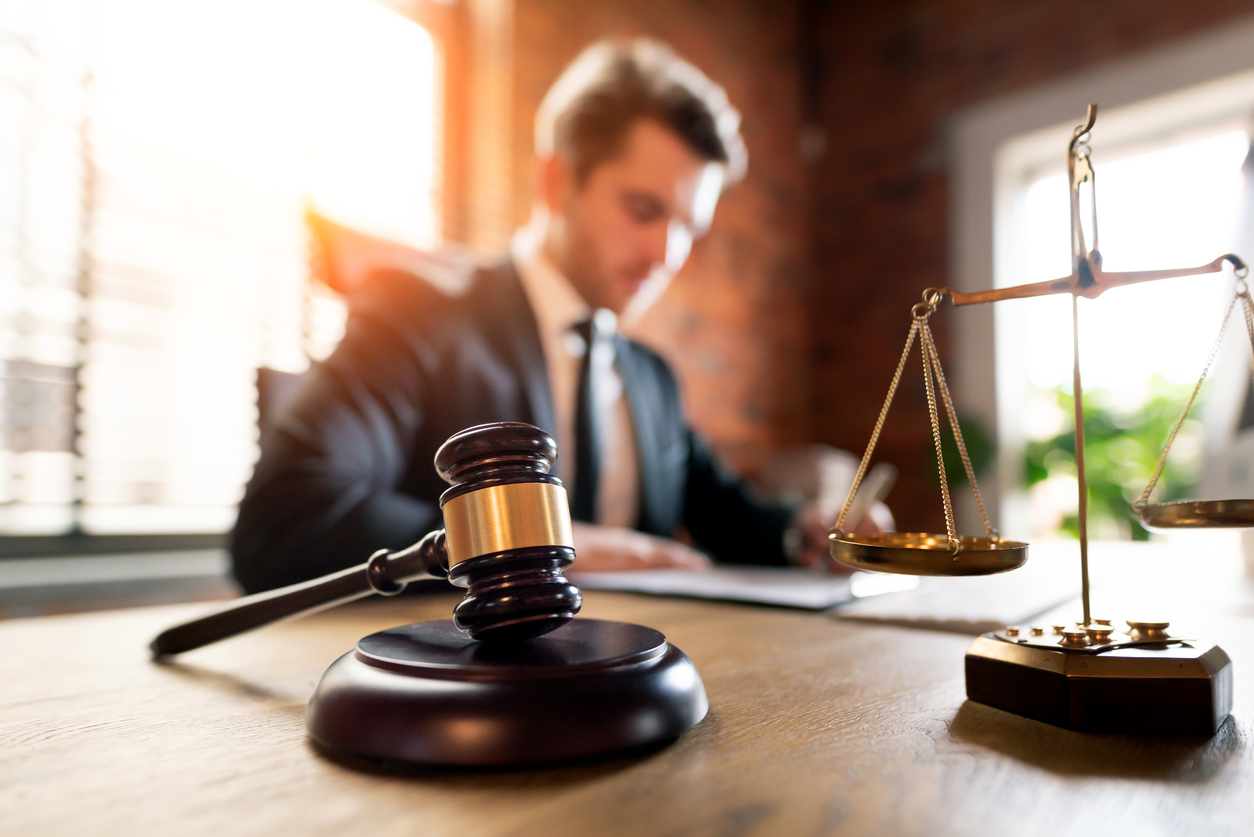For many years, attorneys on both sides of the courtroom have turned to forensic experts to support their position as well as to identify the potential strengths and weaknesses in the arguments of opposing counsel. Additionally, attorneys can use expert consultants as a “second set of eyes” to assist in assessing the data obtained from other consulting experts so as to improve their own case.
Why would an attorney need to hire such an expert? Like your doctor or mechanic, this individual is hired specifically for his or her expertise and experience in areas that may be unfamiliar to the attorney. Cases involving economic damages and involved accounting analyses can often get bogged down in minutia, and a consultant’s highly specialized area of expertise can be invaluable to the lawyer trying to cut through the sea of paperwork, interpret that specific discipline’s jargon and communicate it to the court in user-friendly terms.
The attorney can hire the forensic & investigative accountant or consultant to advise on the facts, issues and strategies of a specific case. Though the consultant’s thoughts and opinions are often incorporated into the attorney’s legal strategy, they do not necessarily testify in court. The various state and federal rules permit the attorneys to consult with experts to shape their case, and as long as these experts are not being used to offer testimony in a courtroom, their work product does not need to be shared with or disclosed to opposing counsel. Because the consultant does not give an expert opinion in front of a judge and/or jury, that consultant is not deposed by the opposing counsel. In fact, in many cases the opposing attorneys may never know that a financial consultant has even been hired.
Discussions between the lawyer and consultant are still protected by attorney work product privilege allowing the two to freely share information without future disclosure to the other side. Only to the extent the consultant is identified as an expert witness is the work product privilege lifted and his or her work product discoverable by opposing counsel.
As an authority in this field, the forensic accountant is often brought in during the discovery phase of litigation and begins by evaluating the merits of the case and determining whether a claim is valid. After examining the strengths and weaknesses of the client’s case, the consultant can then advise on the most effective way to present these facts at trial. The expert consultant is also on board to analyze the positions and arguments being offered by the opposing attorneys and their expert witness and verify the amounts claimed .
Additionally, if the consultant specializes in damage evaluations, he or she can help determine within reason how much money the claimant is owed under the circumstances, if any. For example, in a civil lawsuit stemming from a car accident, a forensic accountant can be utilized to evaluate the likely loss of past and future earnings asked for by the claimant. On the other side of the case, a consultant representing the insurance company can help determine if the amount sought by the claimant is fair and reasonable or inflated.
Though consultants are not permitted to actually ask questions during a deposition, they are often called upon to provide specific questions in advance and even sit in on the depositions to offer real- time advice to attorneys . Again, the expert can often offer a perspective not familiar to the attorney.
Though the role of the forensic accountant will vary from case to case, the experience and expertise they bring to the attorney in helping to put together or defend a case can often prove to be immeasurably valuable. In many instances, a reliable expert is one of the first people the attorney calls when setting up his or her team.
The statements or comments contained within this article are based on the author’s own knowledge and experience and do not necessarily represent those of the firm, other partners, our clients, or other business partners.























